Unlock the Potential of Metal Recycling: The Sustainable Choice for Dorset
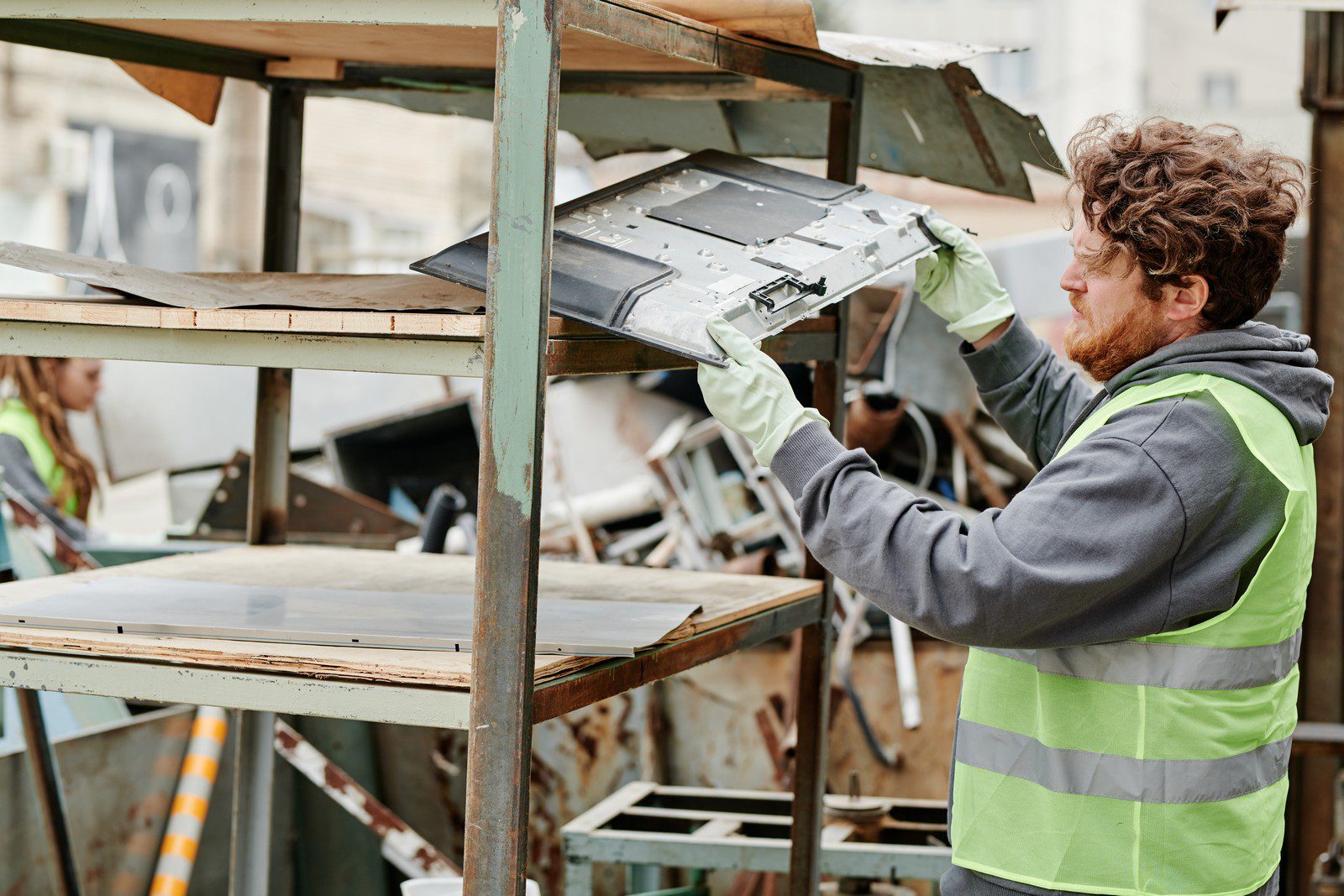

Why Consider Metal Recycling?
In an era where environmental consideration has moved from a niche concern to a mainstream priority, the value of practices like metal recycling cannot be overstated. Across Dorset, we find the growing demand not only for efficient waste management but also for ecologically sound solutions that favour preservation over depletion. But why exactly is metal recycling a topic of such importance, particularly for the residents of Dorset?
DWL Metal Recycling, a leader in the industry, stands as a fortress against waste, demonstrating that embracing metal recycling is not just an eco-friendly choice, but a strategically sound one that offers economic, environmental, and societal benefits.
A. Economic Savings and Revenue Generation
- Lower Costs: By recycling metal, we reduce the need to extract and process raw materials, which is a costly endeavour in terms of both resources and finance.
- Profit Through Recovery: Recycled metals can be sold, creating a stream of revenue for individuals and businesses alike.
B. Environmental Benefits
- Conservation of Resources: Recycling metal means less need for mining new ore, which preserves natural habitats and reduces soil and water pollution.
- Energy Efficiency: The energy required to recycle metals is considerably less than that needed to produce them from raw materials, translating into a reduction of greenhouse petrol emissions.
C. Social Advantages
- Community Health: With fewer pollutants released into the air and water, our communities become healthier places to live.
- Job Creation: Recycling plants and the associated logistics create employment opportunities, contributing to the local economy.
Given these compelling reasons, how does one actively participate in the impactful act of metal recycling? DWL Metal Recycling makes this endeavour not only accessible but also remarkably efficient.
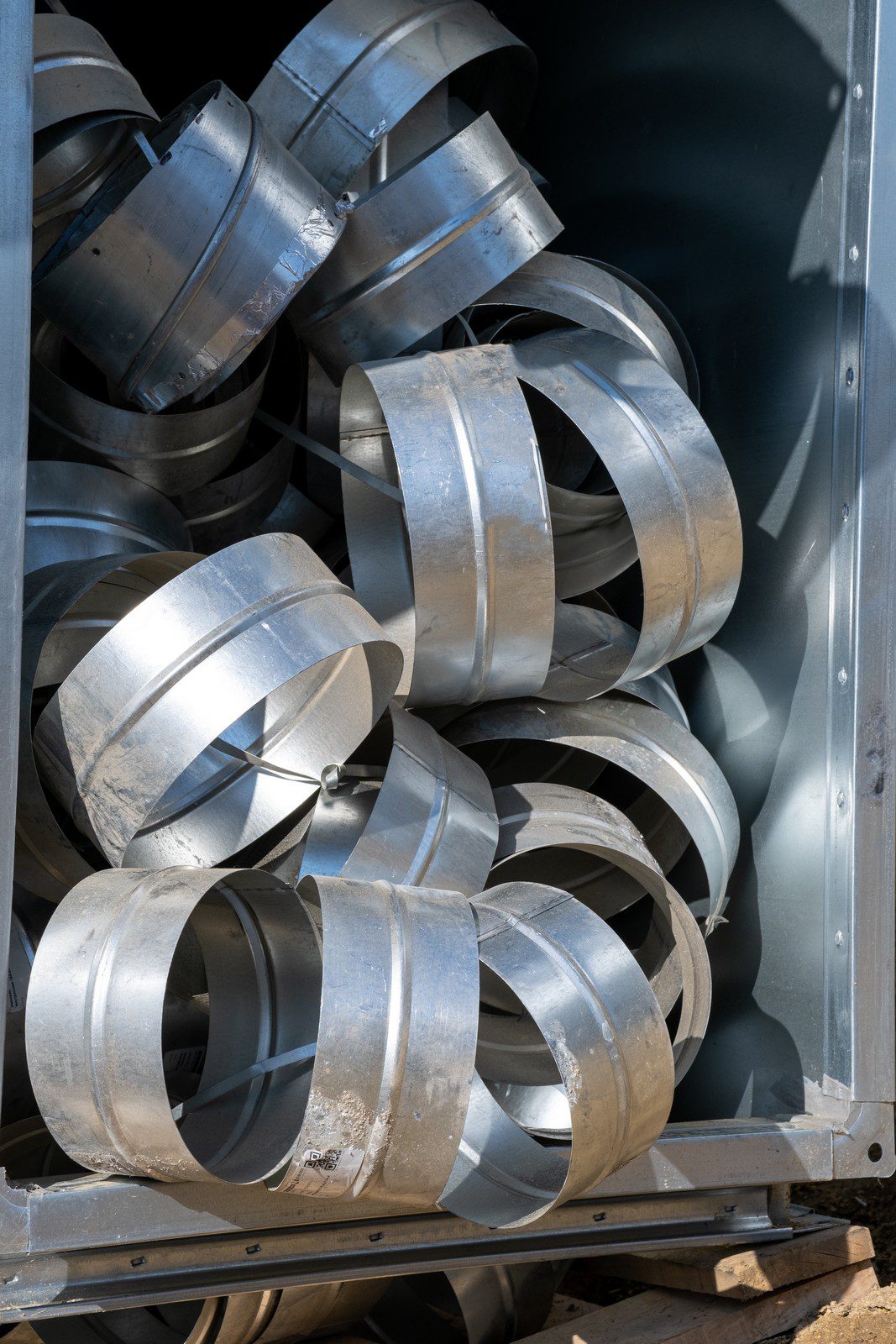

The DWL Metal Recycling Advantage
A. Comprehensive Metal Recycling Services
1. Residential Metal Recycling
Whether it's old appliances, car parts, or miscellaneous scrap, DWL provides convenient options for Dorset households to recycle their metal waste responsibly.
2. Commercial Metal Recycling
Businesses in the construction, automotive, and manufacturing sectors find an indispensable partner in DWL, with tailored services that address large-scale metal waste.
B. Expertise and Equipment
DWL boasts a highly skilled workforce adept in metal sorting, processing, and logistics, all supported by cutting-edge machinery designed to recycle metals with precision and efficiency.
C. Eco-Conscious Practices
Committed to sustainability, DWL Metal Recycling employs environmentally friendly methodologies, minimising any negative ecological impact and promoting a greener outlook.
Navigating the Recycling Process with DWL
1. Understanding What Can Be Recycled
- Ferrous Metals: Iron and steel found in construction materials, vehicles, appliances, and more.
- Non-Ferrous Metals: Copper, aluminium, brass, and others, commonly used in wiring, plumbing, and decorative features.
2. The Recycling Process Simplified
- Collection: Metal waste is gathered from various sources.
- Sorting: Metals are separated by type and grade.
- Processing: Metals are shredded, cleansed, and prepared for recycling.
- Melting and Purification: Metals are melted in large furnaces and purified.
- Solidifying: The molten metals are formed into bars or sheets, ready for manufacturing new products.
3. The Result: Sustainable Metals for New Products
Recycled metals re-enter the production chain, closing the loop and representing the pinnacle of sustainable manufacturing.


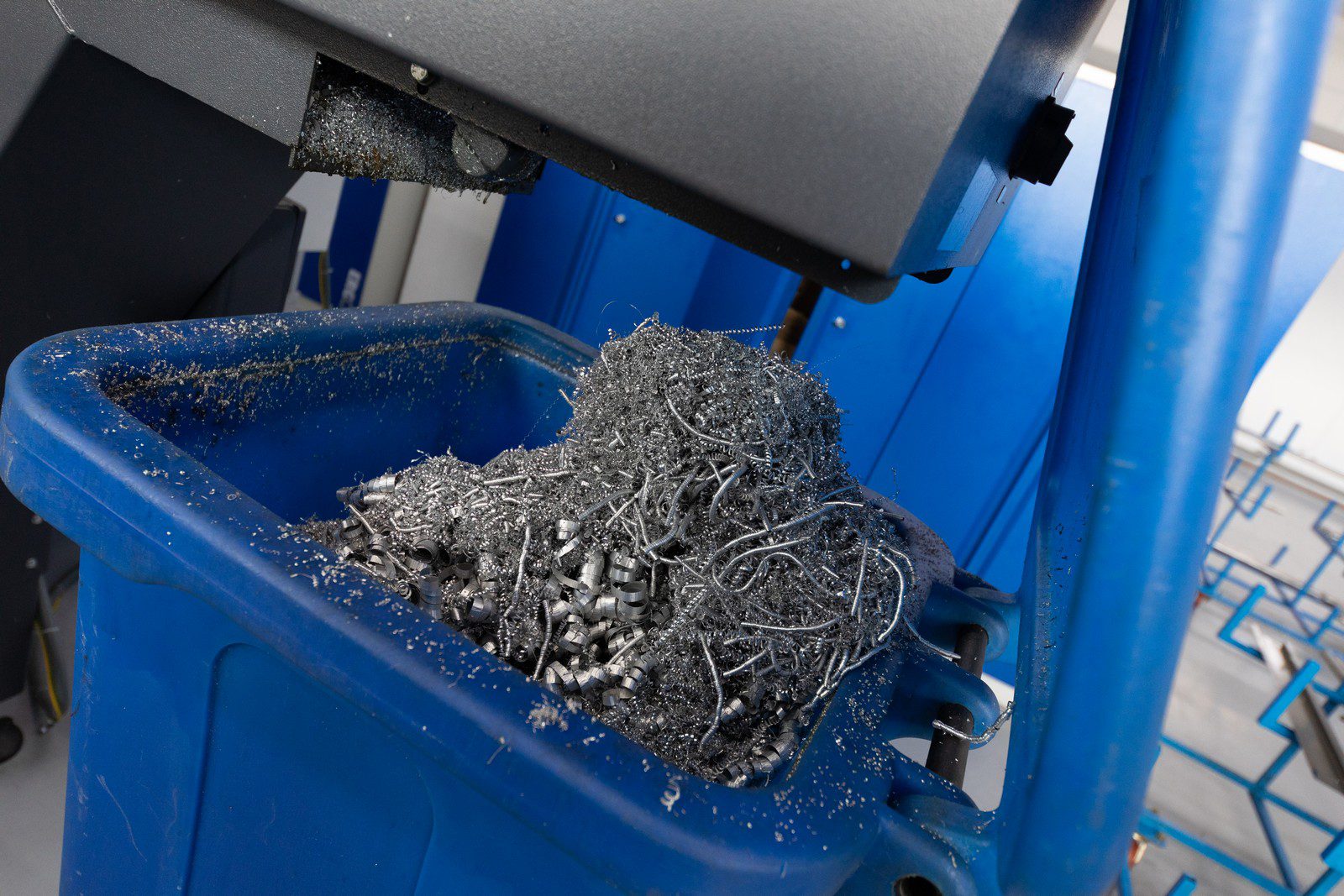

Your Role in Dorset’s Metal Recycling Movement
A. Start at Home
Identify metal items that are no longer in use and consider them not as waste but as resources for future products.
B. Engage with Your Community
Promote awareness about the benefits of metal recycling and motivate others to join the movement.
C. Partner with DWL Metal Recycling
By choosing DWL as your metal recycling solution, you contribute to a larger narrative - one where Dorset champions sustainability and innovation.
Frequently Asked Questions about Metal Recycling
- Q: Why can’t I just throw away metal with my regular rubbish?
A: Metal is a valuable resource that can be infinitely recycled. Disposing of it as rubbish means squandering both economic and environmental opportunities.
- Q: How do I know if a metal item is recyclable?
A: Most metal items are recyclable. If in doubt, contact DWL Metal Recycling for advice.
- Q: Is the metal recycling process safe?
A: Absolutely, DWL adheres to stringent safety standards, ensuring that the process poses no risk to the public or the environment.
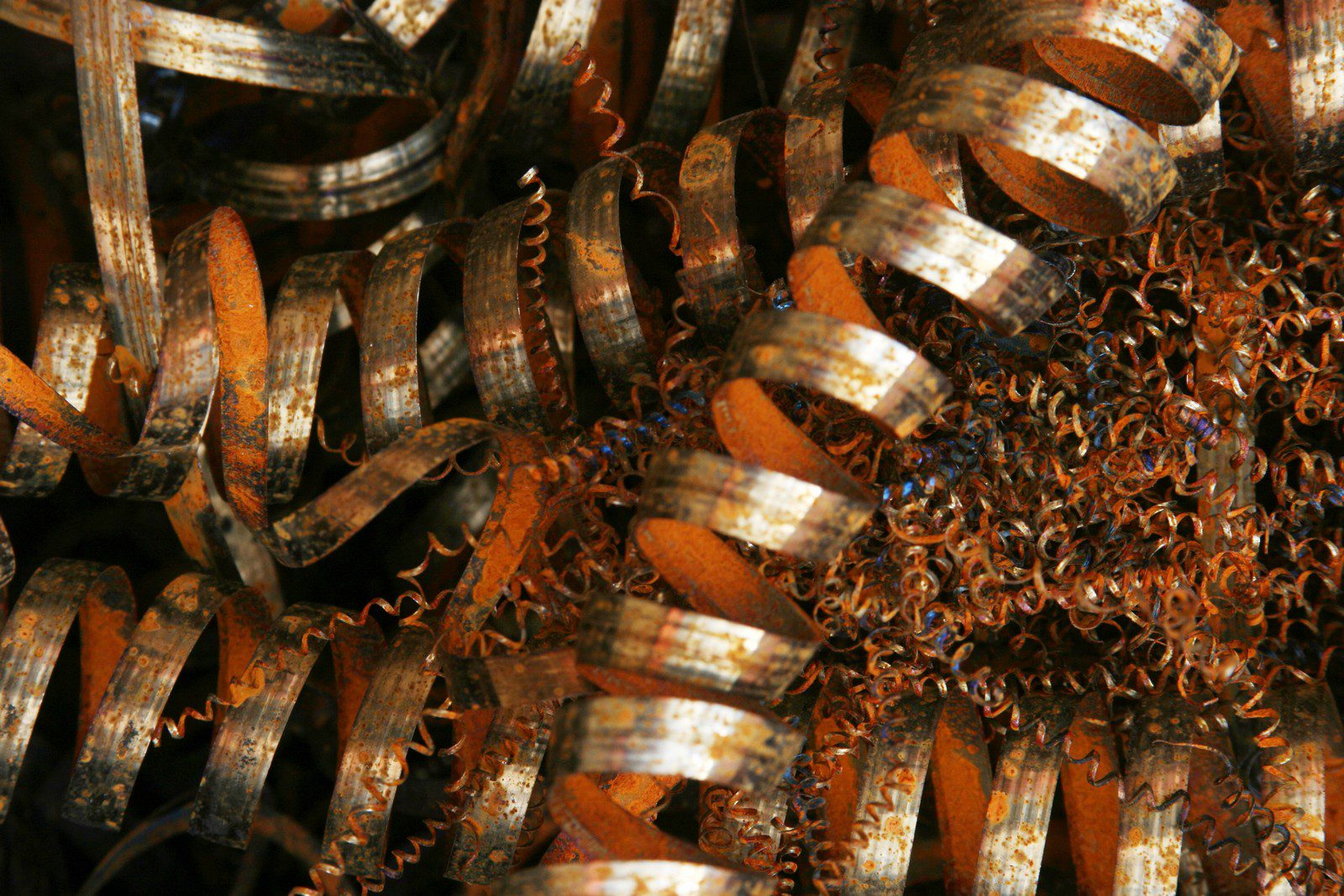

Conclusion: The Sustainable Path Forward
Metal recycling isn’t just a service offered by DWL Metal Recycling; it's a commitment to the future well-being of Dorset and the planet. As thoughtful residents, choosing to recycle metal isn’t just about decluttering—it’s about stepping into a circular economy, where every piece of scrap metal becomes part of something bigger—a sustainable world where we value resources and protect our environment.
DWL Metal Recycling is more than just a facilitator; it's your partner in progress, guiding Dorset towards a greener, brighter future. Ready to make a difference? Reach out to DWL Metal Recycling today and transform your metal waste into a force for good.
Did you know about the incredible advantages of metal recycling? Are you ready to join the movement towards a sustainable future? Share your thoughts or inquire about how you can participate in metal recycling in Dorset. Together, we can make a significant impact.
We're Here to Help! Get in Touch with us Today
Read Some of our Other Blogs
- Recycling Metal for a Sustainable Future: The Importance of Proper Metal Disposal and Recovery with DWL Metal Recycling
- Exploring the Virtues of Metal Recycling with DWL Metal Recycling
- Embrace a Greener Future with DWL Metal Recycling: Your Partner in Sustainable Metal Waste Management
- The Complete Guide to Choosing a Metal Recycling Service in Dorset


